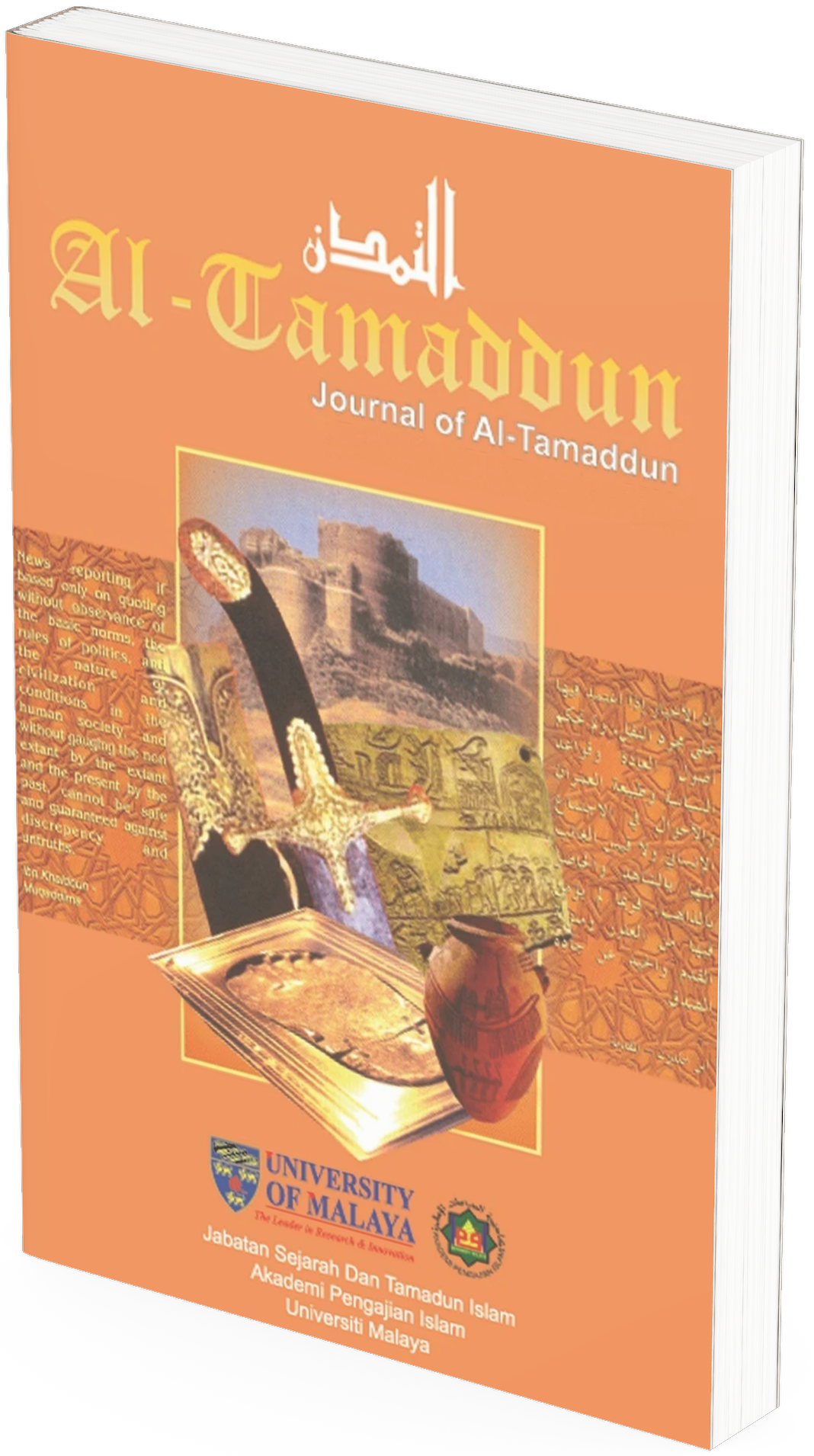Itqan al-Muluk bi Ta’dil as-Suluk: The Implication of Terengganu Institution 1911 Promulgation
DOI:
https://doi.org/10.22452/JAT.vol17no2.3Keywords:
Terengganu, Itqân al-Mulûk bi Ta‘dîl Al-sulûk, Sultan Zainal Abidin III, British, Law, British, Malaya, Unfederated Malay States (UFMS)Abstract
The concern felt by Sultan Zainal Abidin III (1881-1918) (“the Sultan”) over the entry of a British agent in Terengganu pursuant to the agreement entered into between Terengganu and Great Britain on 22 April 1910 had led to the enactment of Itqân al-Mulûk bi Ta’dîl Al-sulûk, or the Law for the Self-Government of Terengganu, on 2 November 1911. The Sultan attempted to protect Terengganu from foreign interference despite having to abide by the terms of the said agreement, which required a British agent to be stationed in Terengganu. The establishment of the said law appears to be an attempt to maintain the dominance of the local government in Terengganu’s governmental system, and this move also affected its socio-economic development throughout the stated period. The interesting element about this law is the presence of a very strong Islamic influence, which shows that the Sultan strictly adhered to the teachings of Islam during his reign in Terengganu. This study aimed to analyse the extent to which the presence of British agents in Terengganu had influenced the actions and thinking of Sultan Zainal Abidin III in enacting and establishing Itqân al-Mulûk bi Ta’dîl Al-sulûk. It also aimed to examine how far Itqân al-Mulûk bi Ta’dîl Al-sulûk played a role in empowering the political and socio-economic sectors in Terengganu during the specified period and the extent to which the teachings of Islam embedded within it were used to protect and preserve the sovereignty of Terengganu against British intervention at the time. This research adopted a qualitative method that involved the collection and analysis of data from primary sources obtained from the Terengganu State Museum and the National Archives of Malaysia, such as the Manuscript of Itqân al-Mulûk bi Ta’dîl Al-sulûk, CO 840/1 (Terengganu Administration Report, 1910-1930), CO 840/2 (Terengganu Administration Report 1931-1940), The Terengganu Secretary of State File, and the Terengganu British Advisor File. In addition, secondary sources such as journals, books, chapters of books, and magazines were also used to further reinforce the study conducted. The findings proved that the enactment of Itqân al-Mulûk bi Ta’dîl Al-sulûk managed to fortify the political system in Terengganu, which projected a very strong image of Islam. In fact, it is this strengthening of the political system which led to the development of the economy, due to the availability of stable sources of income for the Malay farmers and female entrepreneurs at the time.
Downloads
Additional Files
Published
How to Cite
Issue
Section
License
Copyright (c) 2022 Journal of Al-Tamaddun

This work is licensed under a Creative Commons Attribution-NonCommercial 4.0 International License.
By submitting manuscripts to the Journal of Al-Tamaddun, authors agree to transfer copyright to the journal. However, authors may republish their work or grant others permission to republish it; in which case it should be accompanied by a proper acknowledgment that the work was originally published in the Journal of Al-Tamaddun. The journal adopt CC-BY-NC licence which authors may also share and distribute their article anywhere of non-commercial website, social media and repositories immediately on publication.
Authors may also reuse the Abstract and Citation information (e.g. Title, Author name, Publication dates) of their article anywhere at any time including social media such as Facebook, blogs and Twitter, providing that where possible a link is included back to the article on the journal site.










